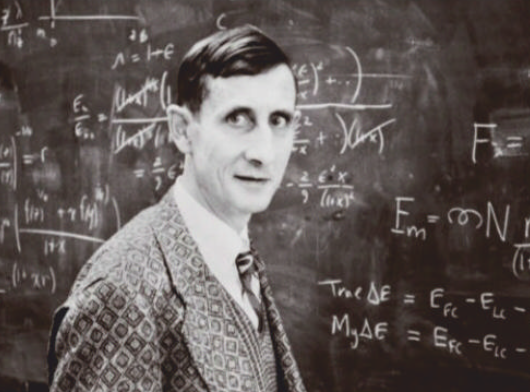In 1958 he was briefly lured away from his professorship at the IAS to work on Project Orion: a plan to build a rocket, propelled by nuclear power, that would be faster and more efficient than any other. The basic principle was to throw a stream of nuclear bombs out of the back of the rocket, detonate them, and ride the shockwaves to Mars and beyond. On paper, it seemed to work. Flight tests on small models, using conventional explosives, were encouraging.

The project was scuppered in the end by a mix of political queasiness over the fallout (rather literally—later modelling suggested that each launch of a modestly-sized rocket from Earth's surface would kill about ten people) and the partial test ban treaty of 1963, which forbade nuclear explosions except underground. He was involved in that too, arguing in favour of the ban, in his clipped home-counties tones, in front of America's Senate. Since the power they had unleashed thrust physicists into high places, he also became a government adviser on science and grand strategy.
由于政治上对它带来后果的种种不安,该项目最终泡了汤。(更确切地说,后来的模型表明,从地球表面发射一枚中等大小的火箭,每发射一次,大约会造成10人死亡。)1963年的《部分禁止核试验条约》禁止了核爆炸,除非在地下进行。弗里曼也参与其中,在美国参议院,他以家乡县清脆快速的语调,为该禁令辩护。因为他们放权把物理学家猛地推向了高层,弗里曼还成为了政府科学和大战略的顾问。
译文由可可原创,仅供学习交流使用,未经许可请勿转载。












